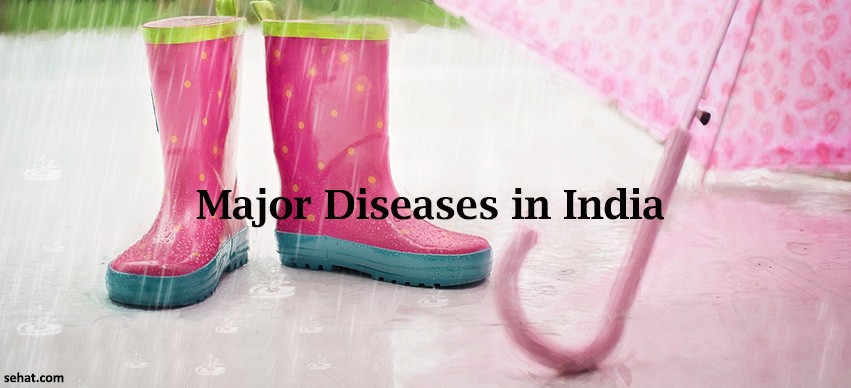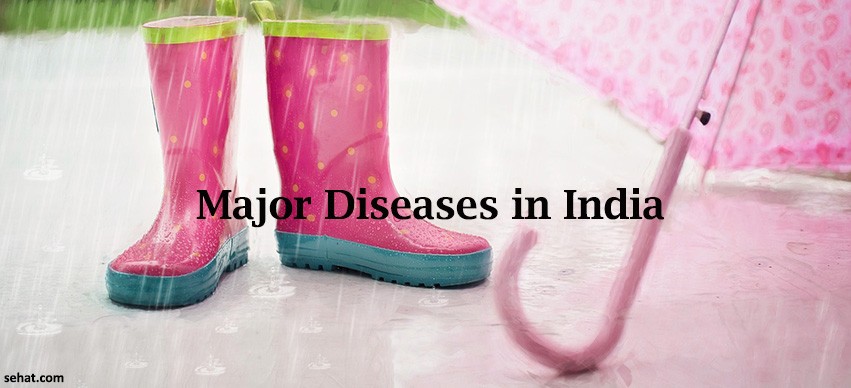How Communities Are Changing the Way We Think About Aging in..
8 Min Read


October is a time for celebration in many parts of the world. While in many European countries it heralds the advent of Oktoberfest, in India it is in this month that people bid goodbye to prolific monsoons and get ready to embrace the winter. Courtesy of India’s location on the globe, the season during the month of October is dry as also mild which is why hordes of tourists flock to our country at this time.
Given the fact that every country has its own unique facets, one of the things that travelers in India need to be mindful of in October is the sudden climatic change and the discomfort that ensues. Having faced the torrential downpour of the monsoons, everyone is looking forward to the dryness but this has its misgivings as well. The cliché – too much of anything is bad – would be apt because while moderate dryness is indeed enjoyable, an overdose can be definitely troublesome.
So what are the possible situations which might cause health concerns in the month of October in India and how can they be effectively tackled? Listed below are some of the common issues which travelers should be cognizant of.
One of the most common as also contagious health malady which a traveler can suffer from in October is viral fever. Attributed to climatic changes, it is characterized by body ache, fatigue and incessant fever all of which last for around a week and may sometimes drag up to two weeks. If you have fallen prey to viral fever while in India, then antibiotics are a complete no-no and instead you must commence on medications which will prevent the fever from rising to alarming levels. Decongestants are also recommended if needed and in case of vomiting or loose motions, fluid intake particularly drinks laden with electrolytes is a must.
Mosquitoes rank amongst the most irritating creatures in India and rightly so because they are prime carriers of the dreaded condition named malaria. The post-monsoon month of October is ideal for these pests to breed since there are plenty of stagnated pools of water courtesy of the rains. As this illness is the aftermath of a mosquito bite, travelers are strongly recommended to take preventive measures like carrying and using a strong mosquito repellent. But after the onset the illness it is absolutely imperative to start on a course of anti-malarial drug.
Also caused by mosquitoes it is much more severe than malaria and can assume epidemic proportions if not detected and controlled well in time. It has been known to occur during monsoons but is particularly prevalent in the post monsoon phase. The worst part pertaining to dengue is that there is no medication to combat it and hence prevention through strong mosquito repellent is the only savior.
After the monsoons there is a sudden rise in temperature and since the human body is not attuned to it, the outcome is dehydration followed by heat stroke. Characterized by lethargy, fatigue and headache, its only solution is to stay well hydrated throughout the day and replenish mineral salts as frequently as possible.
Because October is the season when trees pollinate, incidences of allergy are common during this month and while inflammation may be the usual symptom, not paying heed might lead to bronchitis and breathing problems.